Am I Ready for a Mustang
Are mustangs different from domestically bred horses?
YES. This subject often seems to bring up a debate among horse people, and unless you have started a mustang from the wild, you may not agree with our answer. And in our experience at Sweetbeau they are most definitely different. Unlike a domestic horse, raised in captivity, the mustang (when captured in the wild), is part of, and has experience that a domestic horse will never know. To put it simply, it’s the difference between “dependent” and “self-sufficient”.
- Mustangs live in family units with social structure, while a domestic horse is separated from their mother, and often by gender early in life.
- The social hierarchy of a wild horse herd not only causes them to develop instincts and survival skills, but to learn and earn their place in the herd. This creates confidence.
- With a stallion and lead mare in their early lives, it teaches lessons of discipline, respect for authority and yes, they also learn to love.
- Mustangs develop an unusually strong BOND with a human they accept, BECAUSE we become the family they lost.
Am I a good candidate to have my own mustang?
MAYBE. Horses’ instincts and behavior vary just like humans, but it is an accurate rule of thumb to say that horses are “green” the first year they are being ridden, and especially when they are introduced to new places and “things”. Regardless of how well they perform in training, they are still only exposed to what the trainer introduces. Their new home will be just that “new”. A green horse, and green rider are not a good combination, and at Sweetbeau, there is a minimum level of experience a person must have to qualify as an adopter. For example:
- Are you, or have you been, a strong intermediate to advanced rider?
- We can work with you if perhaps you owned a horse in your youth and were a very active and accomplished rider and are ready to get back in the saddle.
- Do you know (want to know) the difference between collaborative vs. submission training?
- Have you attended clinics that use patience and gentling methods over force and submission?
- Are you a confident leader?
- Any green horse looks to their rider for the answer. If you are unsure or afraid, your horse will be less willing to trust your choices.
- Are you willing to work with an appropriate trainer to help you through the bonding period?
- Plan on 30-60 days for your horse to get to know and trust you. Once that bonding occurs, it lasts forever.
- Learning what the horse knows first and using those ques are the way to start your relationship. Asking the horse to learn everything they know in a new way while finding themselves in a new environment is just not fair or successful.
- Do you have the proper facilities to keep your horse?
- We will not adopt to anyone using barb wire fencing. Any horse can easily find itself in a life-threatening situation because of barb wire.
- Do you ride at least 3 times per week?
- Horses do not find joy in sitting in a stall, turnout or even pasture without interaction and their behavior will be evident in their interactions with you. To keep them mentally engaged, sharp with their skills, bonded to their person, and fit to be ridden, they need and deserve quality time doing what they enjoy and have been meticulously trained to do.
- Will your horse have the company of another horse?
- A herd animal only feels safe in numbers. Keeping a single horse is cruel, no matter how safe you know the environment is. Your horse won’t get the proper sleep/rest or mental contentment that comes with having a best friend. They easily develop ulcers from stress. They need to bond and rely on each other.

